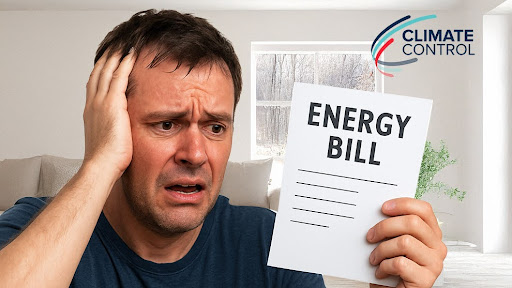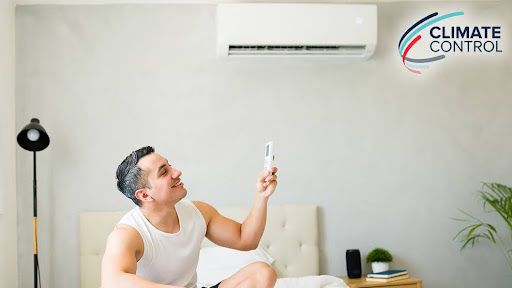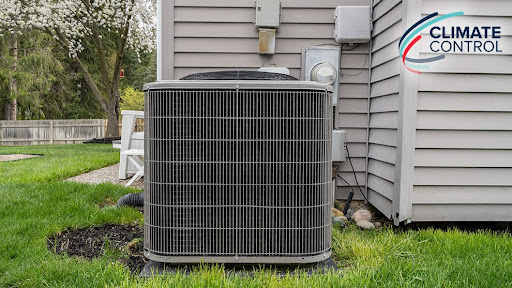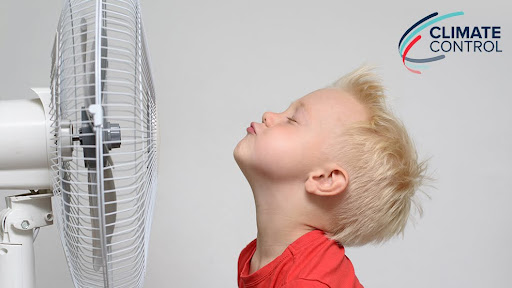If you’ve been thinking about upgrading heating, cooling or water-heating equipment in your Western Slope home, now’s an opportune time. The “fiscal cliff” agreement of New Year’s 2013 included energy tax credits for qualifying HVAC equipment and home weatherization upgrades. Find out the necessary criteria you should adhere to when purchasing a qualified high-efficiency HVAC system, and how you can benefit from the energy tax credits.Several types of equipment qualify for the energy tax credits. When HVAC shopping, investigate equipment that meets these minimum efficiency ratings:
- Furnaces and boilers earn $150 when they meet or exceed 95 percent Annual Fuel Utilization Efficiency (AFUE).
- Air-source heat pumps earn $300 when they meet or exceed Heating Seasonal Performance Factor (HSPF) 8.5 and Seasonal Energy Efficiency Ratio (SEER) 15.
- Central air conditioners earn $300 when they meet or exceed SEER 16.
- Heat-pump water heaters earn $300 when they meet or exceed an Energy Factor (EF) of 2.0.
- Gas, propane or oil water heaters earn $300 when they meet or exceed 0.82 EF.
While you’re in the process of upgrading HVAC equipment, consider making upgrades to your home’s overall efficiency. Doing so will boost the performance of your new and existing home systems, and result in lower energy bills. The purchase of these materials that lower the home’s heating or cooling load, reducing the need for heating and cooling, also qualify for energy tax credits:
- Insulation
- Exterior doors
- Roofing
- Windows
To qualify for the tax credits, keep these additional criteria in mind:
- The tax program, known as 25C tax credits, are capped at $500 for all claims made for equipment in this category. You can claim more than one qualifying purchase or upgrade as long as they don’t exceed the cap.
- The credits expire Dec. 31, 2013, and equipment must be installed before the credits expire.
- These credits are also retroactive. They originally expired at the end of 2011, but if you installed equipment that meets the efficiency guidelines outlined during 2012, you can claim the credits on your next return.
For more information about energy tax credits or upgrading heating, cooling or water-heating equipment, contact Climate Control Company today. We’ve served western Colorado homeowners since 1956.
Our goal is to help educate our customers in Aspen, Vail and the surrounding Western slope communities in Colorado about energy and home comfort issues (specific to HVAC systems). For more information about energy tax credits and other HVAC topics, please visit our website.
Image courtesy of Shutterstock






